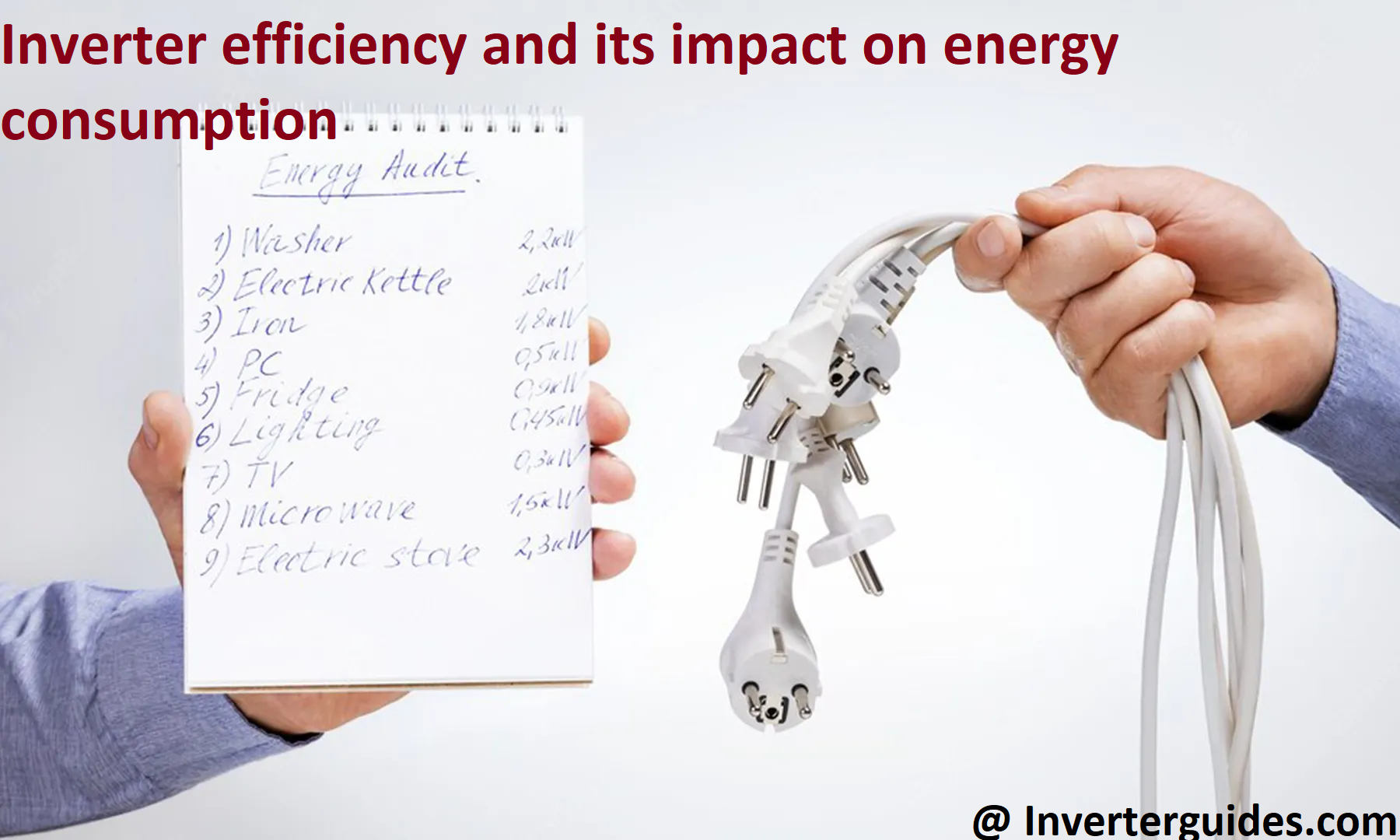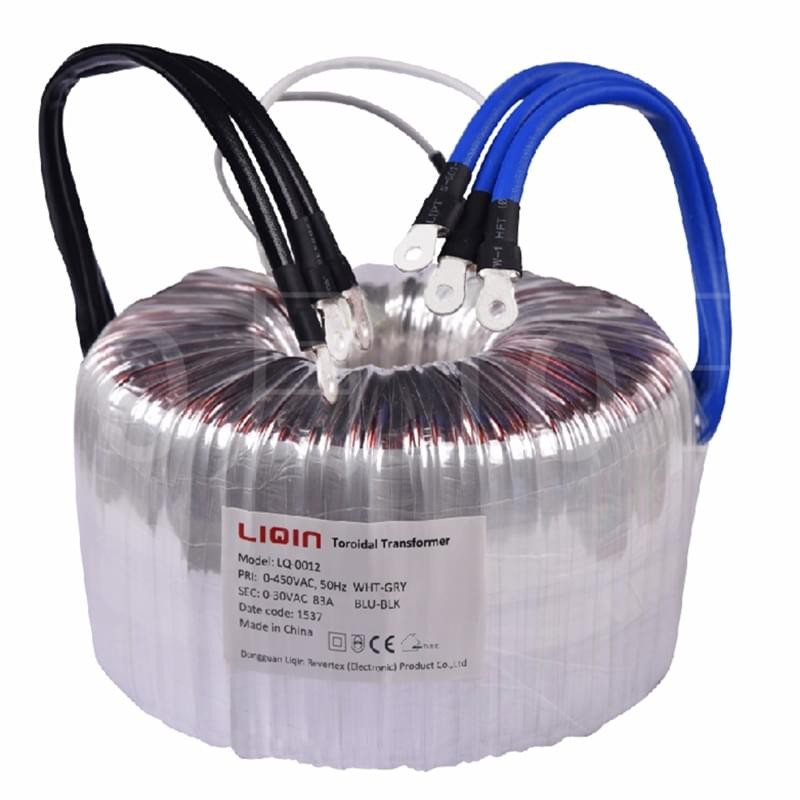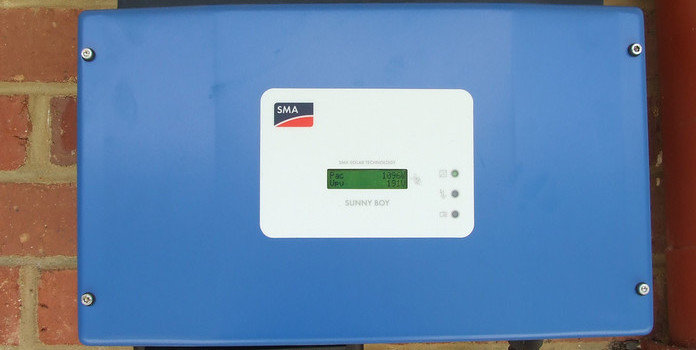Introduction
Inverter technology has been widely used in modern electrical appliances and has played a significant role in energy conservation. In simple terms, an inverter is an electronic device that converts direct current (DC) into alternating current (AC), allowing appliances to operate more efficiently. The importance of inverter efficiency in energy conservation cannot be overstated, and it is essential to understand the benefits of this technology for both individuals and the environment.
With inverter technology, electrical appliances can operate at varying speeds, reducing the amount of energy consumed. Unlike traditional appliances that operate at fixed speeds, inverter appliances can adjust the power output to meet the required load, ensuring that the appliance is operating at maximum efficiency. This is particularly important in appliances that require a lot of power, such as air conditioners, refrigerators, and washing machines.
Inverter technology not only saves energy but also extends the life of appliances. Appliances that use inverter technology experience less wear and tear because they operate at a lower power output. This means that appliances last longer and require less maintenance, resulting in significant cost savings over time.

Another benefit of inverter technology is that it reduces noise levels. Appliances that use inverter technology operate more quietly than traditional appliances because they do not have to work as hard to maintain the desired output level. This is particularly important in appliances such as air conditioners, which can be noisy and disruptive to everyday life.
Inverter technology is also environmentally friendly. By reducing the amount of energy consumed, inverter appliances reduce the amount of greenhouse gas emissions, making them an excellent choice for individuals who want to reduce their carbon footprint. In addition, many inverter appliances are made from recycled materials, making them even more eco-friendly.
When it comes to choosing an inverter appliance, it is essential to consider the efficiency rating. The efficiency rating is a measure of how well the appliance converts energy into usable power. A higher efficiency rating means that the appliance is more efficient and will consume less energy, resulting in cost savings over time.
In summary, inverter technology is a game-changer in the world of electrical appliances. Its ability to operate at varying speeds, reduce energy consumption, extend the life of appliances, and reduce noise levels makes it an excellent choice for individuals who want to save money and reduce their carbon footprint. When choosing an inverter appliance, it is important to consider the efficiency rating to ensure maximum energy savings.
What is inverter efficiency?
Inverter efficiency is a crucial factor that determines the overall performance of an inverter. It refers to the ratio of the output power of an inverter to the input power. The higher the efficiency of an inverter, the more power it can convert from DC to AC. Inverter efficiency is an essential aspect of renewable energy systems, as it directly affects the amount of electricity that can be generated from solar panels, wind turbines, and other renewable energy sources.
Measuring Inverter Efficiency Inverter efficiency is measured by calculating the ratio of the output power to the input power. The output power is the AC power that is delivered to the load, while the input power is the DC power that is supplied to the inverter. The efficiency of an inverter is expressed as a percentage, and it can range from 70% to 99%.
Importance of High Inverter Efficiency The importance of high inverter efficiency cannot be overstated, especially in renewable energy systems. When an inverter operates at high efficiency, it reduces the amount of energy loss that occurs during the DC to AC conversion process. This means that more energy can be delivered to the load, resulting in a higher power output from the renewable energy source. Additionally, high inverter efficiency reduces the overall cost of the renewable energy system, as it reduces the size of the solar panels or wind turbines needed to generate a specific amount of power.
III. Factors affecting inverter efficiency
Inverters are electronic devices that convert direct current (DC) to alternating current (AC). They are widely used in solar power systems, uninterruptible power supplies (UPS), and other applications. Inverter efficiency is an important factor to consider when selecting an inverter for a particular application. In this article, we will discuss the factors that affect inverter efficiency and how to optimize it.
Input voltage and frequency

The input voltage and frequency are critical factors that affect inverter efficiency. In general, higher input voltage results in higher efficiency. However, the efficiency of the inverter decreases as the input voltage exceeds the rated voltage. The frequency of the input voltage also affects the efficiency of the inverter. In general, higher frequency results in higher efficiency. However, the efficiency of the inverter decreases as the frequency exceeds the rated frequency.
Output load
The output load is another critical factor that affects inverter efficiency. The efficiency of the inverter is highest when the output load is close to the rated load. If the output load is lower than the rated load, the efficiency of the inverter decreases. If the output load is higher than the rated load, the efficiency of the inverter decreases even more.
Temperature
The temperature is another factor that affects inverter efficiency. In general, higher temperature results in lower efficiency. This is because the power losses in the inverter increase with temperature. Therefore, it is important to ensure that the inverter operates within its specified temperature range.
Impact of inverter efficiency on energy consumption
Inverter efficiency has a direct impact on energy consumption in solar power systems, uninterruptible power supplies (UPS), and other applications. In this article, we will discuss the impact of inverter efficiency on energy consumption and how to calculate energy loss due to low inverter efficiency.
Calculation of energy loss due to low inverter efficiency
The energy loss due to low inverter efficiency can be calculated using the following formula:
Energy Loss = Energy Input – Energy Output
where Energy Input is the total amount of energy supplied to the inverter, and Energy Output is the total amount of energy delivered to the load.
For example, if an inverter with an efficiency of 90% is used to convert 1000 watts of DC power to AC power, the total energy input is 1000 watts, and the total energy output is 900 watts. Therefore, the energy loss due to low inverter efficiency is 100 watts.
Comparison of energy consumption between high and low efficiency inverters

The energy consumption of high efficiency and low efficiency inverters can be compared using the following example:
Suppose we have two inverters, one with an efficiency of 90% and the other with an efficiency of 80%. Both inverters are used to convert 1000 watts of DC power to AC power. The total energy input for both inverters is the same, which is 1000 watts. However, the energy output for the high efficiency inverter is 900 watts, while the energy output for the low efficiency inverter is only 800 watts. Therefore, the energy loss due to low inverter efficiency is 100 watts.
Over a year, assuming that the inverters are used for 8 hours a day, 5 days a week, and 52 weeks a year, the energy consumption of the high efficiency inverter would be:
900 watts x 8 hours x 5 days x 52 weeks = 187,200 watt-hours
The energy consumption of the low efficiency inverter would be:
800 watts x 8 hours x 5 days x 52 weeks = 166,400 watt-hours
Therefore, the energy consumption of the high efficiency inverter is 20,800 watt-hours higher than the energy consumption of the low efficiency inverter. This translates to a significant difference in energy costs over the long term.
Conclusion
Inverter efficiency plays a crucial role in energy conservation, especially in solar power systems and uninterruptible power supplies (UPS). The selection, sizing, and maintenance of inverters are important factors that contribute to maximizing inverter efficiency.
Importance of inverter efficiency in energy conservation
Inverter efficiency is directly related to energy conservation. Higher efficiency inverters consume less energy, which in turn reduces the overall energy consumption of the system. This not only helps to save energy but also reduces the carbon footprint of the system, making it more environmentally friendly.
The need for proper selection, sizing, and maintenance of inverters to maximize efficiency
Proper selection, sizing, and maintenance of inverters are crucial in maximizing inverter efficiency. Choosing the right inverter for a specific application is important, as different applications require different types of inverters with different efficiency levels. Sizing the inverter properly is also important, as an oversized or undersized inverter can result in reduced efficiency and increased energy consumption.
Regular maintenance of inverters is also important in maximizing inverter efficiency. Dirty or damaged components in the inverter can cause it to work harder, reducing its efficiency and increasing energy consumption. Therefore, it is important to perform regular maintenance, including cleaning and replacing components when necessary.
See Also-
- Best Inverter Battery 2023
- Best Inverter Generator For RV 2023
- Best Power Inverter For Camping 2023
- Best Power Inverter For Car 2023
- Best Power Inverter For Home 2023
